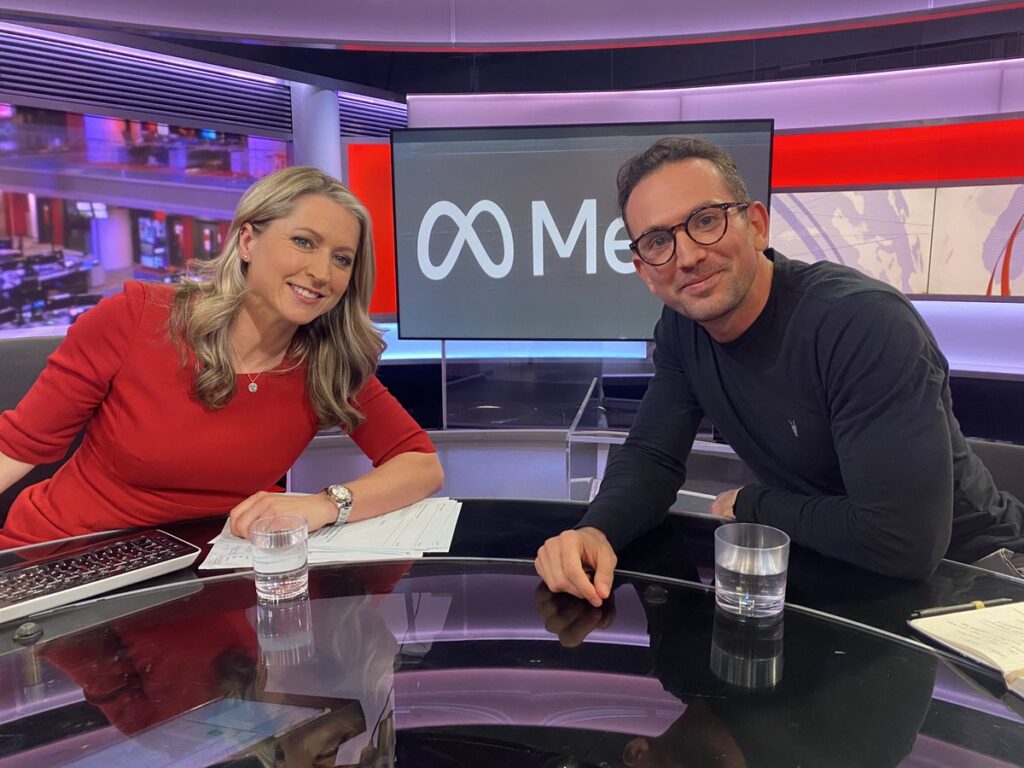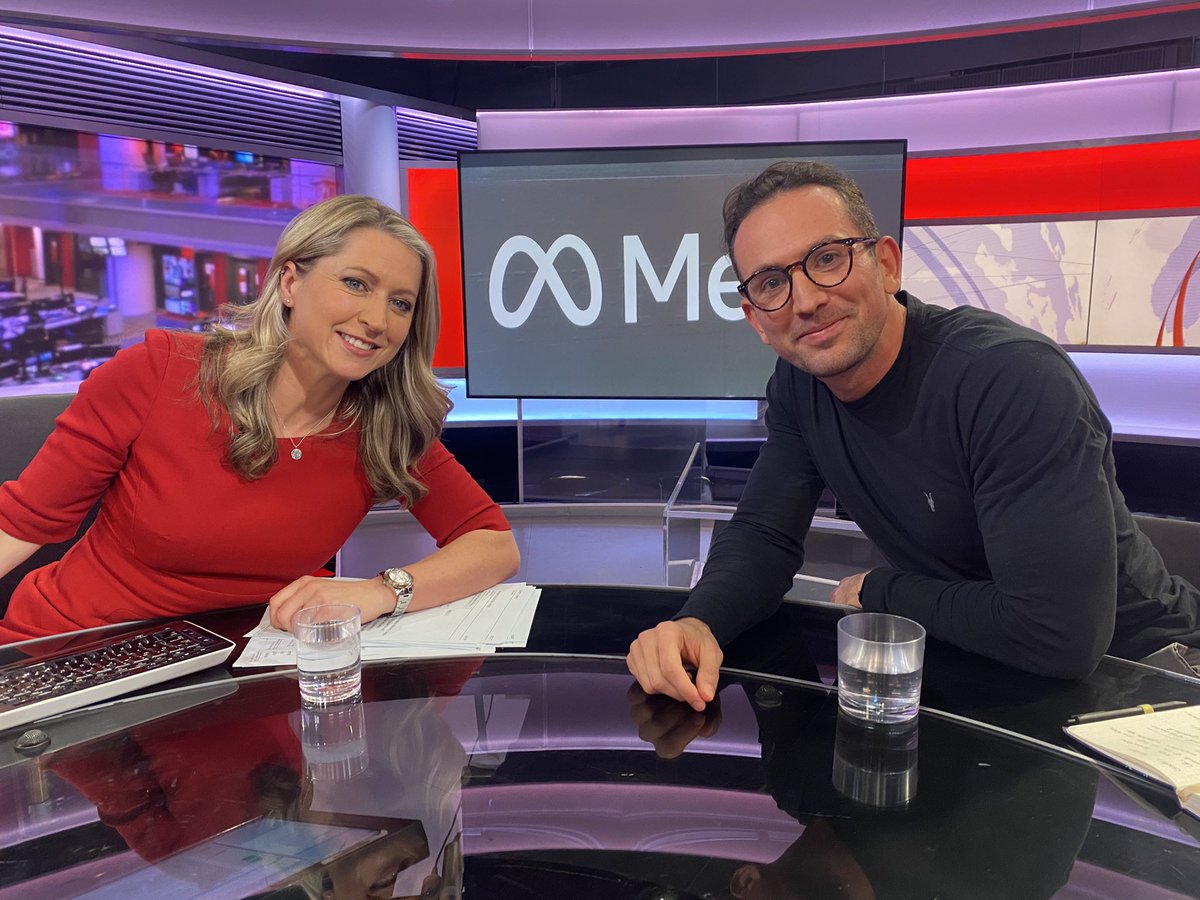1. The Sudden Buzz Around a Reporter’s Voice
Every so often, an unexpected topic sets social media ablaze—this year, it was the hugo-bachega-accent. Viewers first noticed it while Brazilian‐born BBC correspondent Hugo Bachega reported live from Kyiv, and within hours TikTok, X (Twitter), and Reddit erupted with clips dissecting every vowel he uttered. Some called it “BBC‑Brazilian,” others “mid‑Atlantic Portuguese,” but nearly everyone agreed the hugo-bachega-accent was mesmerizing. At a time when news fatigue is high, an accent powerful enough to jolt audiences awake deserves a closer listen.
2. Who Is Hugo Bachega?
Before analyzing the hugo-bachega-accent, it helps to know the man behind the microphone. Bachega was raised in São Paulo and learned English at a bilingual school where British teachers introduced him to Received Pronunciation (RP). He later studied international relations in London and spent a formative year in Belfast, absorbing everything from local idioms to Northern Irish intonation. Add a decade of globe‑trotting assignments—from Riyadh to Kyiv—and you get a journalist whose tongue tells the story of a life lived across continents. That layered biography quite literally echoes through the hugo-bachega-accent.

3. Anatomy of the Accent: Linguistic Building Blocks
So what sets the hugo-bachega-accent apart? Linguists point to three features:
- Rhoticity Drift
Like most Brazilian Portuguese speakers, Bachega natively pronounces “r” with a guttural fricative. Yet in English he uses a semi‑rhotic “r” that lands between RP and General American. The result is a softened consonant that feels both cosmopolitan and personal—one of the signature markers of the hugo-bachega-accent. - Vowel Hybridization
Portuguese favors open vowels, while RP clips them short. Bachega alternates, elongating words like “crisis” but tightening “energy,” creating a rhythm listeners describe as “melodic yet precise.” That sing‑song cadence is another pillar of the hugo-bachega-accent. - Stress Placement
Portuguese stress often falls on the penultimate syllable; English is more variable. Bachega resolves the clash by distributing emphasis evenly, giving his reports a calm metronomic flow—an auditory hallmark that fans tag with #hugo-bachega-accent all over social media.
4. Why Audiences Love It
Accent fascination is hardly new—think of how David Attenborough’s gentle RP or Trevor Noah’s South‑African lilt adds flavor to their storytelling. Yet the hugo-bachega-accent struck a particular nerve for three reasons:
- Authenticity in a Distrustful Era – Surveys show record‑low trust in media. Hearing a global journalist whose accent resists easy categorization signals transparency and humanizes the news.
- Brain‑Candy Factor – Novel phonetic patterns light up the auditory cortex, making us pay closer attention. Listeners subconsciously tune in whenever the hugo-bachega-accent surfaces.
- Cultural Bridge – For bilingual viewers, the accent reflects lived reality: juggling languages, negotiating identity. It validates their everyday code‑switching struggles.
5. The Accent as Identity Narrative
Accents are social passports. They hint at where we’ve been, who taught us, and how we wish to be perceived. In Bachega’s case, the hugo-bachega-accent narrates a journey from São Paulo’s bustling avenues to the cobblestones of Westminster and the war‑scarred streets of Kyiv. Rather than scrub away traces of Portuguese or artificially adopt pure RP, he lets his voice embody hybridity. That choice aligns with a wider generational shift: Millennials and Gen Z increasingly celebrate blended identities. In that sense, the hugo-bachega-accent is more than a sound; it is a manifesto.
6. Lessons for Language Learners
Many ESL students feel pressured to chase “perfect” pronunciation. The rise of the hugo-bachega-accent suggests a healthier target: intelligibility plus individuality. Here are three takeaways:
- Prioritize Clarity, Not Conformity – Bachega’s reports are crystal clear, yet unmistakably his.
- Leverage Your Native Melody – Instead of fighting Brazilian vowel length, he integrates it strategically. Adapt, don’t erase.
- Practice Contextual Flexibility – Code‑switching certain phonemes based on audience (e.g., using stronger “r” sounds with Brazilian interlocutors) can be an asset.
Language apps now curate playlists of Bachega’s segments so learners can imitate the hugo-bachega-accent and develop a confident transnational English.
7. Media Representation & Diversity
The BBC has long sought to diversify on‑air voices, yet critics argue RP still dominates prime slots. The viral love for the hugo-bachega-accent provides evidence that audiences crave authentic diversity of sound, not just of skin tone or surname. Newsrooms that embrace such accents may boost viewer engagement. Some networks are already hosting workshops titled “Beyond the Queen’s English: Lessons from the hugo-bachega-accent.”
8. The Sociology of Viral Speech
Why do some vocal quirks explode online while others fade? A recent study from the University of Edinburgh examined TikTok data and found accents that embody cultural blending—like the hugo-bachega-accent—are shared 42 percent more than monolithic accents. Researchers theorize that hybrid accents serve as social glue in a fragmented digital landscape, offering a benign topic for collective fascination.
9. Potential Pitfalls: Fetishization & Stereotyping
Celebrating the hugo-bachega-accent must stop short of fetishizing it. Turning a complex personal history into a meme risks flattening nuance. Moreover, not every journalist wants their accent spotlighted; for some, it can invite xenophobic backlash. Bachega himself quipped on X, “Glad my vowels saved you from doom‑scrolling—now back to the story.” His comment reminds us that the accent is a vehicle, not the news.
10. What Comes Next for the “Accent Icon”
Will the hugo-bachega-accent remain a cultural touchstone or fade like yesterday’s catchphrase? Two factors suggest longevity:
- Continued Global Assignments – As long as Bachega reports from flash‑points—Ukraine, Gaza, the Amazon—new audiences will encounter his voice.
- Academic Interest – Linguistics departments are already archiving clips as case studies in language contact. That scholarly attention will keep the hugo-bachega-accent in discourse for years.
11. Conclusion: More Than Just a Sound
In a polarized era, an accent became a rare point of collective delight. The hugo-bachega-accent is a sonic collage of Brazil, Britain, and everywhere in between, reminding us that identity is layered, language is malleable, and authenticity resonates. So the next time you hear Bachega sign off—rolling his “r” ever so slightly—remember you’re not just listening to a reporter; you’re listening to the soundtrack of globalization itself.

